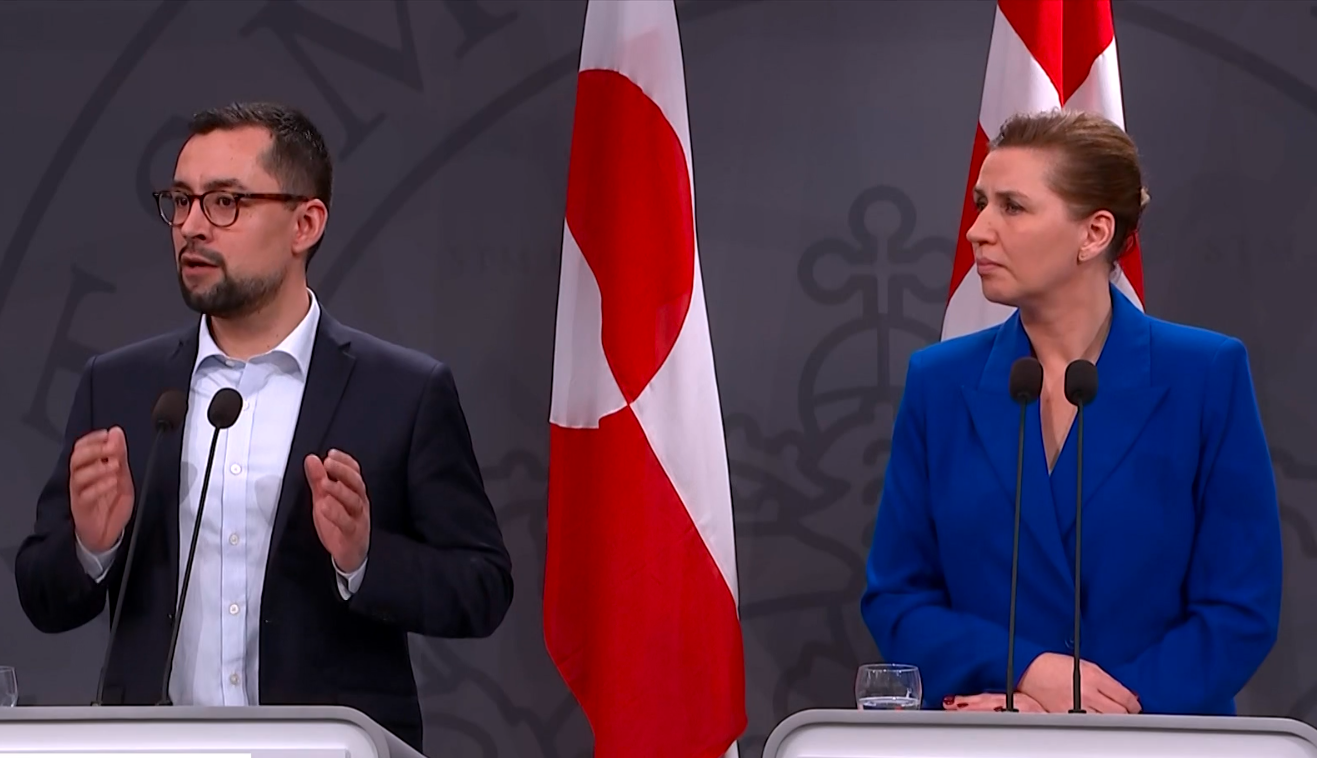The stuttering Danish economy claimed two more casualties in the banking sector as Sparekassen Østjylland and Spar Salling, both based in Jutland, were forced to capitulate over the weekend.
Fortunately for many customers and employees, both saving and loans banks were taken over by competitors who assumed large chunks of debt and personnel. Spar Salling was completely acquired by Den Jyske Sparekasse and Sparekassen Østjylland was mostly obtained by Sparekassen Kronjylland.
While the Danish banking sector managed to throw out a safety net for the many private clients of the two banks, the big losers were the guarantor investors of the two banks who ended up losing 300-400 million kroner in the bankruptcy.
The director of Sparekassen Kronjylland, Klaus Skjødt, indicated that the debts in Sparekassen Østjylland were simply too considerable to save the guarantor investors, but said he was still pleased with the new acquisition.
“The new branches fit really well with our current network, and as a result we were interested when the Financial Stability Company [Finansiel Stabilitet] contacted us about the deal,” Skjødt told Jyllands-Posten newspaper. “The new branches are located in towns where we already have banks and they are also located in towns that will help to naturally extend our network reach.”
One common denominator for the two latest financial casualties was that they were heavily vested in the in the agricultural and real estate sector. Agricultural and real estate clients accounted for one third of the total clients in Sparekassen Østjylland.
Both of the banks had endured heavy loses in recent years and neither bank has revealed their annual financial statements for this year. On top of the unhealthy financial situation, Sparekassen Østjylland also suffered a scandal last year when its former director, Henrik Vestergaard, was accused of giving loans at buddy prices to another bank.
The new bank failures further highlight the growing fear in the banking sector that the smaller banks may be forced to make substantial adjustments to avoid a similar fate, according to Finansiel Stabilitet's director, Henning Kruse Petersen.
“It’s not fun for the board of a bank to have to tell their stockholders or guarantor investors that their money is lost,” Petersen told Børsen newspaper. “Hence, I hope that troubled banks will solve their issues by merging or taking other action to put them in a better position to tackle the difficulties.”
Despite the two bankruptcy cases, the business and growth minister, Ole Sohn (Socialistisk Folkeparti), said he has not lost his confidence and trust in the Danish banking sector.
“The reality that two Danish savings and loans banks have gone under does not mean that there are issues with all Danish savings and loans banks,” Sohn said in a press release. "I still believe that Danish financial institutions are generally healthy and viable.”
Denmark has seen a number of banks go under since 2008, including the much publicised collapse of Amagerbanken in 2011.












